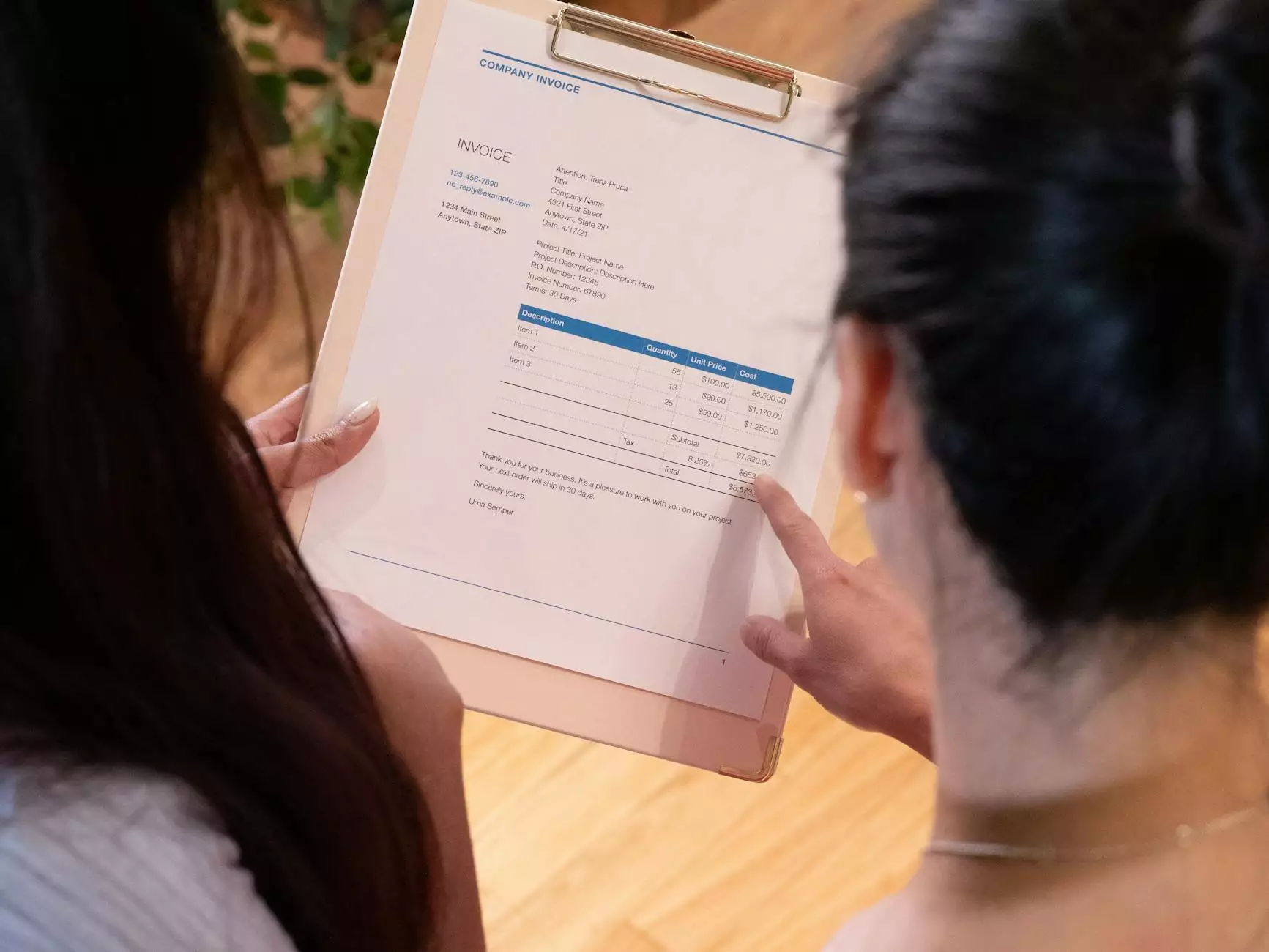Unlocking Opportunities with a Fake TOEFL Certificate

The demand for proficiency in the English language has skyrocketed in today's globalized world, particularly in the realms of education and employment. One corner of this vast landscape is the acquisition of language certifications like the TOEFL (Test of English as a Foreign Language). While many strive diligently to earn a genuine TOEFL certificate, circumstances sometimes drive individuals to explore alternative avenues, including the purchase of a fake TOEFL certificate. This article delves into the reasons, benefits, and considerations surrounding obtaining such a document, all with insights from Fakedocsonline.
1. Understanding the TOEFL Certification
The TOEFL certification is a standardized test that assesses non-native English speakers' proficiency in the language. It opens doors to educational institutions, job opportunities, and immigration processes globally. Many universities and employers require this certification to ensure candidates meet the necessary language skills for their programs or positions. But what happens when traditional means of certification seem out of reach?
2. Why People Consider Purchasing a Fake TOEFL Certificate
There are several reasons why individuals turn to fake documents:
- Time Constraints: Some candidates may find themselves with limited time to prepare for the TOEFL test due to personal or professional commitments.
- Financial Limitations: The cost of preparing for and retaking the TOEFL can be significant, making a fake certificate a more appealing option for some.
- Lack of Confidence: Individuals who lack sufficient English proficiency may feel overwhelmed by the pressure of certification but still want to pursue educational or job opportunities.
- Urgent Needs: In many cases, job applications or admissions have tight deadlines that may not align with a candidate's ability to take the test.
3. The Benefits of a Fake TOEFL Certificate
While acquiring a fake TOEFL certificate is often viewed with skepticism, there are potential benefits that individuals may consider:
- Opening Doors: A fake certificate can help candidates secure interviews or admissions that would otherwise be unattainable without proof of English proficiency.
- Boosts Confidence: Having a certificate can fictitiously boost self-confidence in non-native speakers, enabling them to pursue opportunities they might avoid otherwise.
- Save Time: Instead of spending months preparing for the TOEFL, a fake certificate provides instant relief from the pressure to perform on an exam.
- More Opportunities: It may offer access to job markets that require English proficiency, thereby expanding career options.
4. Risks and Ethical Considerations
While the lure of a fake certificate can be strong, individuals must understand the associated risks:
- Legal Consequences: Using a fake certificate is illegal and can result in serious repercussions, including fines and imprisonment.
- Professional Risks: If discovered, a fake certificate can lead to job termination and damage to professional reputation.
- Loss of Future Opportunities: Being caught using a fake certificate can close doors permanently, limiting future educational and career prospects.
5. Choosing the Right Provider for a Fake TOEFL Certificate
If an individual decides to pursue a fake TOEFL certificate, it is crucial to select a reputable provider. Here’s how to identify a reliable source:
5.1 Research the Provider
Look for reviews and testimonials from previous customers. A legitimate provider will have a history of satisfied clients. Browse through their website for sample certificates and credibility indicators.
5.2 Quality of Certificates
Ensure that the produced documents match the format and security features of real TOEFL certificates to make them more convincing.
5.3 Customer Support
A trustworthy provider will offer strong customer support channels. The ability to communicate with someone from the company can alleviate concerns and answer questions.
5.4 Secured Payment Options
Choose sources that provide secure payment methods to protect personal and financial information.
6. Alternatives to a Fake TOEFL Certificate
Before resorting to a fake certificate, consider these alternatives:
- Language Courses: Enroll in English language courses that offer legitimate proficiency testing.
- Practice Tests: Utilize TOEFL practice tests available online to improve your skills without the immediate need for a certificate.
- Study Groups: Join study groups or forums to gain insights and improve language proficiency collectively.
7. Conclusion: Making an Informed Decision
Obtaining a fake TOEFL certificate can present both opportunities and challenges. It may provide immediate access to jobs and educational programs for non-native English speakers struggling with the language. However, it is essential to weigh the potential risks involved, including legal ramifications and long-term consequences.
For those considering this path, always explore legitimate avenues first. Ensure that your choice aligns with your long-term goals and values. Remember, the best strategy usually revolves around gaining real knowledge and credentials that can lead to more sustainable success. For additional resources and information, visit Fakedocsonline.
8. FAQs about Fake TOEFL Certificates
8.1 Are fake TOEFL certificates legal?
No, fake TOEFL certificates are illegal and using one can lead to severe legal consequences.
8.2 Can I use a fake TOEFL certificate for immigration purposes?
Using a fake certificate for immigration is highly inadvisable and can result in deportation or entry bans.
8.3 How can I verify if a certificate is genuine?
Contact the issuing organization directly or verify through an official database to check the authenticity of a TOEFL certificate.
8.4 What should I do if I have purchased a fake certificate?
Consider consulting legal advice and avoid utilizing the fake document.
8.5 Are there any legitimate ways to improve my English skills quickly?
Yes, consider immersive language experiences, online language classes, and practice with native speakers.



